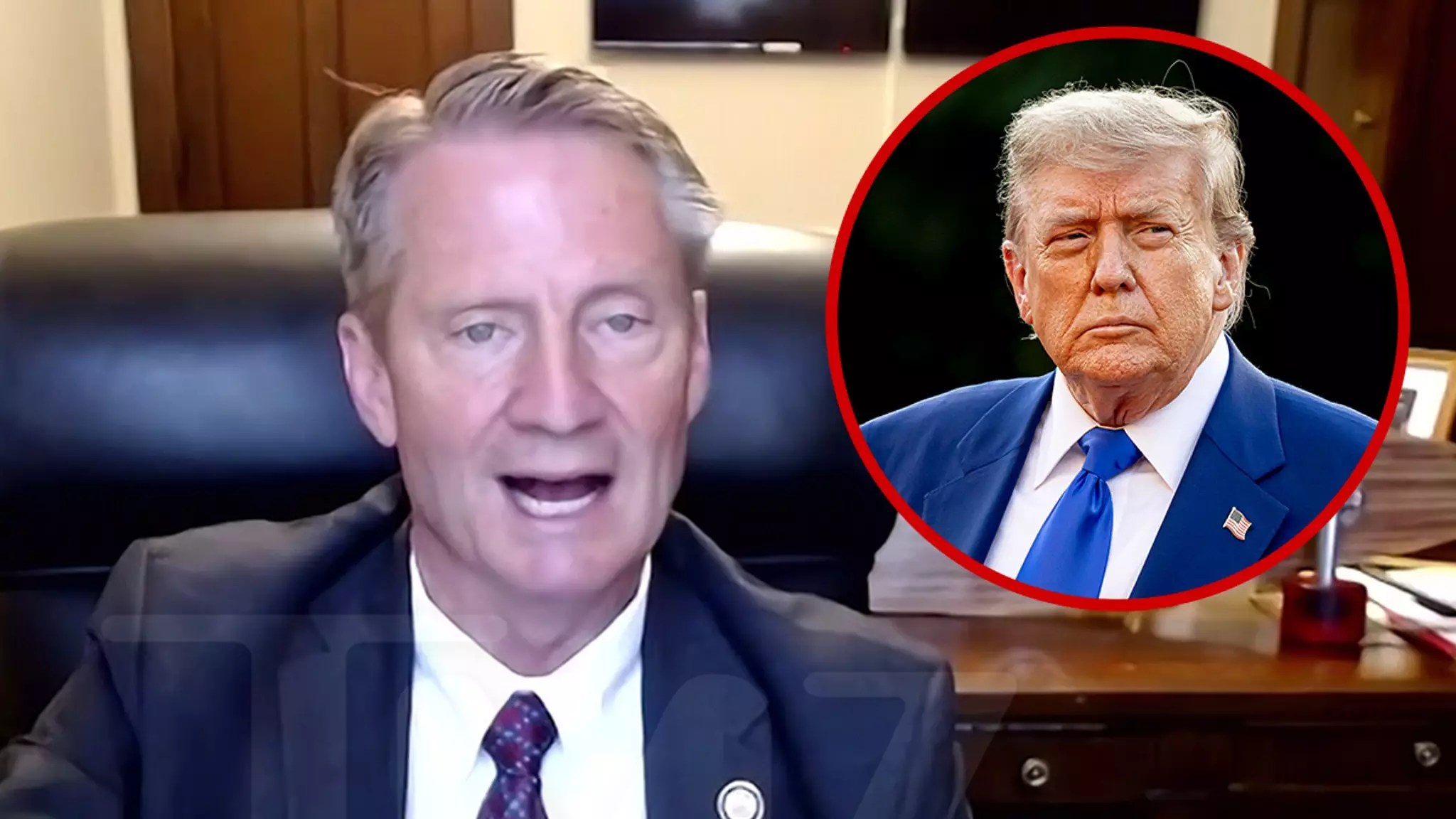In the contentious debate over Jeffrey Epstein’s scandalous connections, calls for transparency clash with the imperative to shield victims from further harm. Many political figures, including Congressman Tim Burchett, argue that the public deserves access to certain information, but it must be handled with care. Merely releasing files without context could retraumatize victims or foster unwarranted speculation about innocent parties. This delicate balancing act exposes a fundamental flaw in how society often approaches sensitive cases: there is a tendency to prioritize sensationalism over integrity. A strategic, carefully managed disclosure could serve justice while respecting the victims’ dignity, but achieving this requires institutional oversight rather than ad hoc leaks or empty promises.
The Role of a Special Prosecutor: Yet Another Political Tool?
Burchett’s suggestion to appoint a special prosecutor highlights a broader desire for a neutral, authoritative figure to oversee the handling of Epstein-related information. While this might sound idealistic, it also raises concerns about political influence and transparency. How independent can such a figure truly be in today’s polarized climate? The appointment of a special prosecutor might inadvertently serve as a shield for political shielding or concealment, rather than true justice. It’s crucial to scrutinize whether this approach would genuinely expedite truth or merely delay accountability under the guise of protecting victims. The public’s hunger for answers is legitimate, but trust in the process is equally vital. If the prosecutor’s role becomes politicized, the entire process risks losing credibility, leaving society to wonder if justice will ever be truly served.
Leadership and Accountability: Trump’s Role in the Transparency Dilemma
President Trump’s inconsistent stance on releasing Epstein files underscores a broader issue of leadership accountability. Promising transparency during his campaign but offering silence afterward fuels public skepticism and conspiracy theories. His past behavior—mocking or dismissing concerns, and associating with figures linked to Epstein—only complicates the narrative. Burchett’s criticism of Trump’s hesitation reveals a frustration that echoes across political lines: power is often wielded selectively, and promises are broken when political costs seem high. The allure of controlling the narrative and maintaining influence over allies can override a genuine commitment to uncovering the truth. Ultimately, Trump’s retreat from full disclosure demonstrates how partisan interests continue to prioritize political stability over justice, leaving critical questions unanswered.
The Public’s Frustration and the Demand for Progress
While some officials advocate for a cautious approach, the public’s patience wears thin. Many citizens are tired of political games and disinformation, demanding tangible progress from authorities like the Department of Justice. The symbolic act of releasing Epstein’s files isn’t just about exposing criminal conduct; it’s about affirming justice and restoring faith in institutions. Burchett’s call for a transparent, balanced approach reflects a broader societal need: to confront uncomfortable truths without perpetuating chaos or unwarranted accusations. There is a moral obligation for leadership to prioritize genuine resolution over mere optics. Failure to do so risks further eroding public trust, leaving citizens disillusioned and vulnerable to conspiracy theories. The Epstein saga is more than a scandal; it’s a test of our collective integrity and resolve to pursue justice responsibly.







Leave a Reply